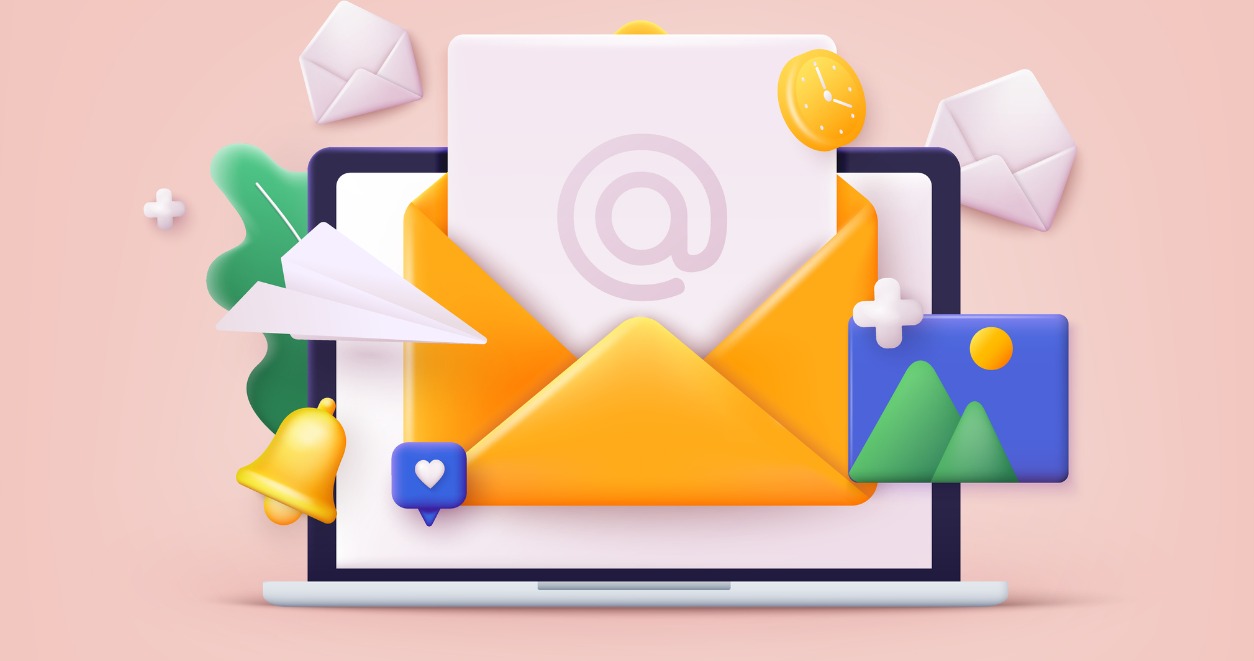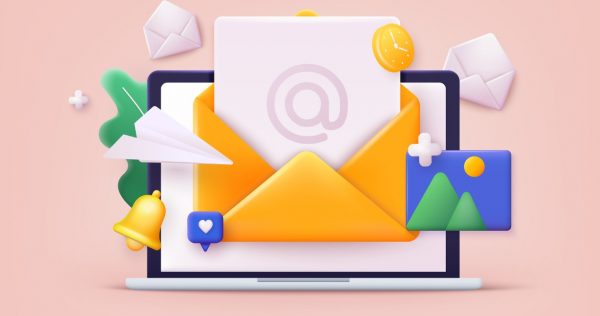Email marketing remains a powerful tool for businesses to connect with their audience, but maintaining engagement can be challenging. One innovative approach to boost interaction and interest is gamification, which incorporates game-like elements into email campaigns. This technique not only enhances user experience but also increases open rates, click-through rates, and overall engagement.
Read more about Social Media
This post will explore the various benefits of using gamification in email marketing and how it can transform your campaigns.
The Benefits of Using Gamification in Email Marketing
-
Increased Engagement Through Interactive Content
Gamification introduces interactive elements such as quizzes, challenges, and rewards, transforming passive email content into an engaging experience. Interactive content captures the recipient’s attention and encourages them to actively participate, leading to higher open and click-through rates. By making emails more entertaining and enjoyable, gamification helps keep your audience engaged and interested in your messaging.
-
Enhanced Customer Experience and Satisfaction
Integrating game-like elements into your emails can significantly enhance the overall customer experience. Gamified emails offer something unique and entertaining, breaking from the traditional, often monotonous, email content. This positive experience can lead to increased satisfaction and a stronger emotional connection with your brand, fostering loyalty and repeat engagement.
-
Boosted Conversion Rates Through Reward Systems
Gamification often involves reward systems, such as points, badges, or exclusive offers, which can motivate recipients to take desired actions. These incentives can drive higher conversion rates by encouraging subscribers to complete specific tasks, such as making a purchase, sharing content, or signing up for a webinar. The prospect of earning rewards makes the email content more appealing and can significantly impact your campaign’s success.
Sign up for the Connect Nigeria daily newsletter
-
Improved Data Collection and Customer Insights
Gamified emails can be a valuable tool for collecting data and gaining insights into your audience’s preferences and behaviours. By tracking interactions with gamified elements, you can gather information on what types of content and incentives resonate most with your subscribers. This data can then be used to tailor future campaigns, improve targeting, and enhance the overall effectiveness of your email marketing strategy.
-
Strengthened Brand Loyalty and Community Building
Incorporating gamification into your email marketing can help build a sense of community and strengthen brand loyalty. By creating engaging and rewarding experiences, you can foster a deeper connection between your brand and your subscribers. Gamified elements that encourage social sharing or competition can also promote a sense of community among your audience, further enhancing loyalty and advocacy for your brand.
-
Increased Social Sharing and Viral Potential
Gamified emails that include shareable content, such as challenges or contests, can encourage recipients to share their experiences on social media. This increases your brand’s visibility and has the potential to attract new subscribers through word-of-mouth marketing. The viral nature of well-designed gamified content can amplify your reach and extend the impact of your email marketing campaigns beyond your existing audience.
Register to attend the CN Business Mixer
Conclusion
Incorporating gamification into email marketing strategies offers numerous benefits that can significantly enhance campaign effectiveness. By making emails more interactive and engaging, businesses can foster deeper connections with their audience, drive higher engagement rates, and ultimately improve conversion rates. As email marketing continues to be a crucial communication tool, leveraging gamification can provide a competitive edge, making your campaigns more memorable and impactful.
Featured Image Source: CataBoom
Got a suggestion? Contact us: [email protected]


